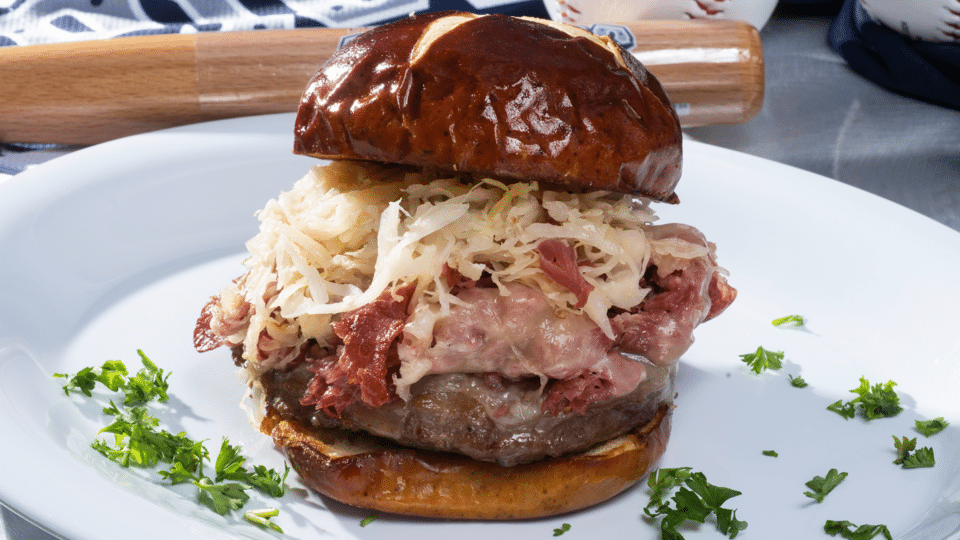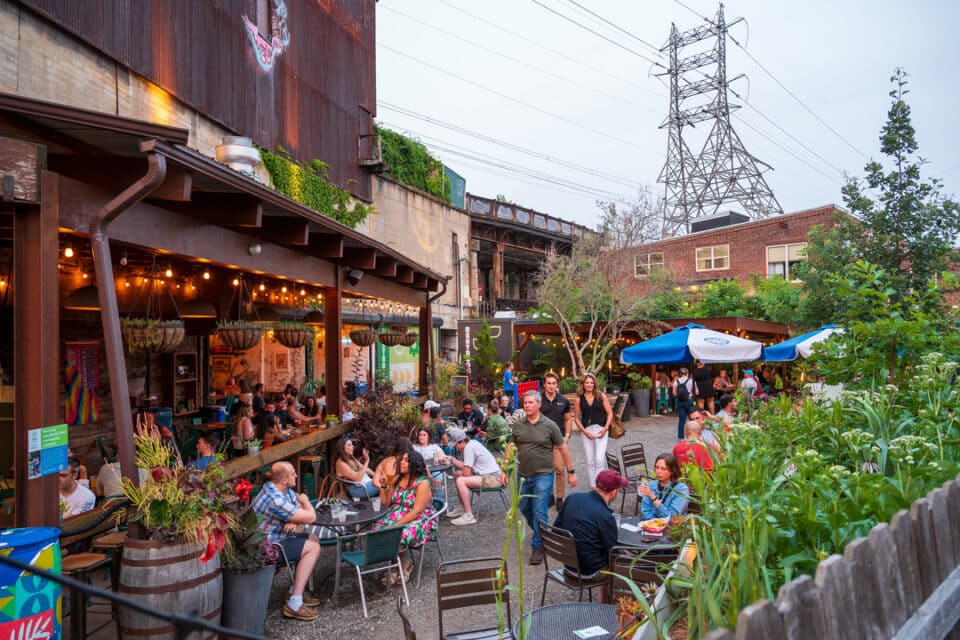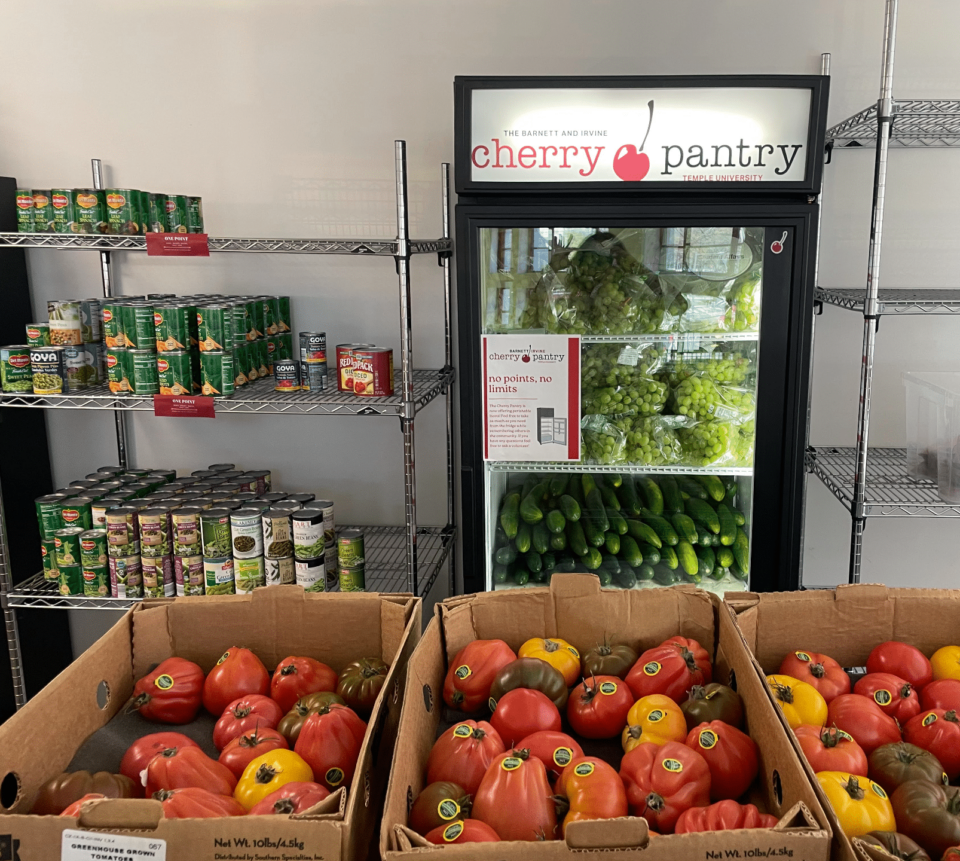The evening is pleasantly warm, for late autumn. The sun is setting over the distant mountains and leaves are falling in lazy circles with no breeze to hurry them down. Turning down the small paved road, suddenly a very distinct smell permeates the open windows of the car: farm.
To city folk, farm smell can be unpleasant, bordering on offensive, but to someone who knows about food it means one thing: fresh. This is where the magic happens, and in November, the magic is turkeys.
While heading to your local Giant (or Acme, ShopRite, etc.) is a weekly ritual for most people, and their accrued points yield a perfectly fine free turkey, nothing quite beats the local bird.
Howe Farm, located in Downingtown, is the second generation family-run turkey farm of Nate Howe, his wife Julie, and their five children: Emilie (11), Tyler (10), Andrew (8), Jeremiah (7), and twins Aubrey and Mallory (5).
Howe’s parents bought the farm in 1988 when he was 8 years old. In 2001, when Howe married Julie, the pair left the farm to strike out on their own. In 2008, the pair returned to the farm to take up the family business. Howe describes growing up on a farm as hard but rewarding, though he admits he did not see it that way as a boy.
Howe says the biggest change to the farm was going all-natural in in 2012. The turkeys are fed a vegetarian diet of corn and soy meal and are raised antibiotic-free. He has also expanded to several co-ops and farmers markets in the area so his turkeys are more available than ever.
While Howe Farm is first and foremost a turkey farm, dedicating six of their 10 acres to the turkey-raising process, the family also have a few crop fields. In spring, their remaining four acres become fields of asparagus, and later in early summer, strawberries.
You can purchase a Howe turkey directly from Nate and Julie on their farm in Downingtown. Howe also delivers turkeys to Valley Market in West Chester, Swarthmore Co-op in Swarthmore, the Mariposa Co-op in Philadelphia, and Fair Food Philly‘s booth in Reading Terminal Market.
The family hires on additional help from the community during the busy Thanksgiving season, but the family work really begins in July when they get their first batch of day-old hatchlings called poults. These hens and toms will grow into the largest turkeys the Howe’s offer. Three weeks later they receive their second batch with the third and final poults arriving four weeks after that.
The poults this year came from the Jensen hatchery in Michigan—one of two hatcheries used by the Howes. The turkeys are all Nicolas breed, which is why they are all white.
I was fortunate to witness a processing, where the turkeys went from running around to ready for the oven in about 45 minutes. In the processing days before the holiday with the 20 hands the Howe family hire on and the processing rooms set up to full capacity, it takes even less time.
The weekend before Thanksgiving is the big processing time, ranging from Friday to Saturday. About 1400 of the Howe’s 3600 turkeys are processed each day. Sunday the family rests, and Monday the turkeys are delivered to their respective locations.
The turkeys to be processed are herded from their pens into a crate attached to a trailer in which they are transported to the processing plant. The Howe farm performs all the proper processing steps (from stunning to killing, scalding, defeathering, pinning, evisceration and disembowelment) in preparing the local turkeys for market, with the final stage—stuffing them with the giblets—finalizing the process. The birds are then immediately packed in ice water to chill them to 32° F. Howe says this is crucial in keeping the turkey fresh; if it is placed in a refrigerator without being entirely chilled it can go bad, the same way you must let food cool down before refrigerating.
Howe cautioned me to not put my turkeys directly into the refrigerator as they had to chill completely. If there was any heat left in the bird, the meat would spoil, so I had to leave the two turkeys in ice water for 24 hours after they were processed.
Howe also mentioned that it is best to use a fresh turkey within a week of processing. If you plan on cooking the bird later than a week, it is better to freeze for storage.
Before leaving Howe Farm, I learned what the turkey farmers had on their Thanksgiving table. The Howes explained they like to keep things simple. The bird is sprinkled with salt and pepper and cooked about 12-15 minutes per pound, uncovered at 425° F for the first 30-45 minutes to get the nice crispy skin and then reduced to 350° F and covered for the remaining cook time.
This is how I would cook one of the two birds I left Howe Farm with: traditionally roasted, minimally seasoned, and let the fresh turkey shine. My second bird would be brined in a very simple sugar and salt ratio with red and black peppercorns for just under 24 hours.
Discover the full break down of the cooking process of brining a turkey on TheTownDish.com. Find Howe Turkey Farm located at 152 Culbertson Run Rd in Downingtown.
Howe Turkey Farm and family photos credited to Jules Gems Photography; turkeys and processing photos credited to Gwendolyn Moore; Thanksgiving turkey credited to Howe Turkey Farm.




One Comment